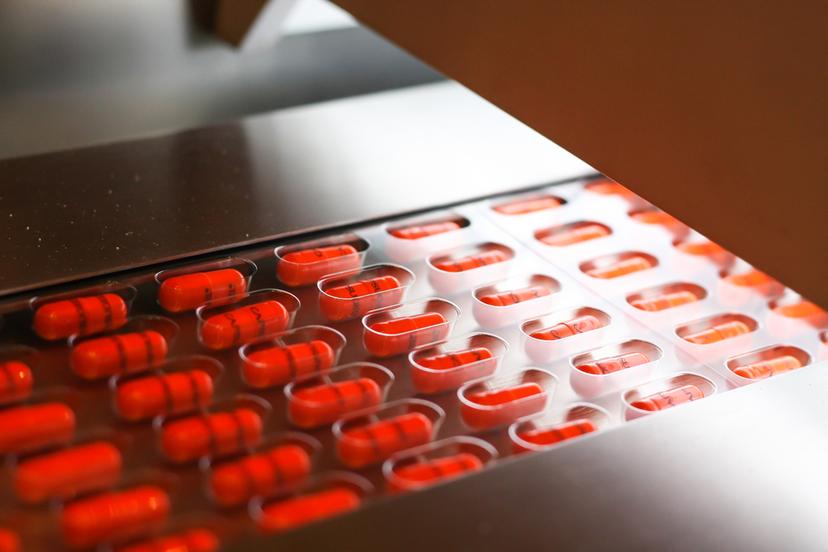Pharmaceuticals and Biotechnology

Overview
The pharmaceutical and biotechnology industry produces drugs and other products that help people and animals live healthier lives, recover from injuries, and fight illnesses. From its humble origins in local pharmacies and apothecaries that prepared “home remedies” during the Middle Ages, the pharmaceutical and biotechnology (or pharma/biotech) industry has grown into one of the leading industries in the world today. In the United States is one of the 10 most profitable industries in terms of percentage of revenues, is home to cutting-edge biological and chemical research, and offers opportunities for people across a wide spectrum of careers from scientists, physicians, and engineers to marketing and sales workers and human resources professionals.
Pharma/biotech companies produce three types of products: prescription therapeutics and prophylactics (drugs that treat or cure medical conditions or diseases and vaccines that prevent diseases), diagnostics (devices and tests used to diagnose disease), and over-the-counter consumer products, such as drugs and vitamins. Some experts also place medical technology (medtech) manufacturing under the umbrella of the pharma/biotech industry.
In a general sense, pharmaceuticals are defined as medicinal drugs that are regulated by the U.S. Food and Drug Administration (FDA) or other regulatory bodies and are manufactured by pharmaceutical companies. Biotechnology, or biotech, is the use of biological research techniques to develop products and processes derived from living organisms. Biotechnology techniques are applied at the molecular level and include DNA typing and cloning, genetic manipulation, and gene transfer of plants, animals, and microorganisms. Biotech products, sometimes called biologics, are products that are created using recombinant DNA technology. According to the FDA, “biological products can be composed of sugars, proteins, or nucleic acids, or a combination of these substances. They may also b...